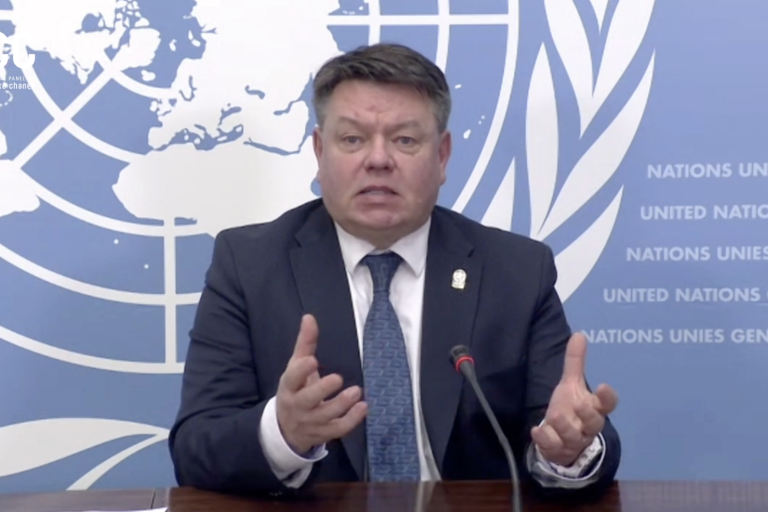WMO Secretary-General Prof. Petteri Taalas addresses IPCC report launch

Release of IPCC Working Group II report
Press conference
28 February 2022
Address by World Meteorological Organization (WMO) Secretary-General Prof. Petteri Taalas
Today we are releasing the second part of the Intergovernmental Panel on Climate Change 6th Assessment report. WMO is proud to be the co-hosting and founding organization of the IPCC. The physical science basis report was published in August, today we are talking about the already very visible impacts of climate change.
The report says that climate change induced by us humans has caused widespread negative impacts to nature and people, beyond natural climate variability. Altogether 127 risks have been identified covering very wide range of sectors, like health, agriculture, economy, infrastructure, and ecosystems. They cover a very wide range of sectors, like health, agriculture, economy, infrastructure, and ecosystems.
Our atmosphere today is on steroids, doped with fossil fuels. This is already leading to stronger, longer, and more frequent extreme weather events. Climate change-induced disasters come with high human and economic impacts.
More than 4 in 10 people in the world live in contexts highly vulnerable to climate change. Global hotspots are found in parts of Africa, Southern Asia, Small Island Developing States, and Central and South America.
In many of those countries, population growth, urbanization, and unsustainable development practices are boosting the exposure of people and ecosystems to climate change. But all countries are affected, as we have seen in Germany, USA and Canada last year.
It is essential to raise the ambition level of climate mitigation. That would also have a positive impact on air quality and is vital to tackle the looming water crisis and sea level rise. Climate mitigation offers also great business opportunities in many sectors, like energy, transport, industry and nutrition.
Besides mitigation it is more and more critical to pay attention to adaptation, since the negative trend in weather extremes will continue for the coming decades, and sea level rise for centuries due to the record high concentration of carbon dioxide.
One of the powerful ways to adapt is to invest in early warning services. But the basic weather and climate observing networks have severe gaps in Africa and Island states. Only half of the 193 Members of WMO have proper weather, climate, and hydrological services. This leads to higher human and economic losses.
Thank you very much.










